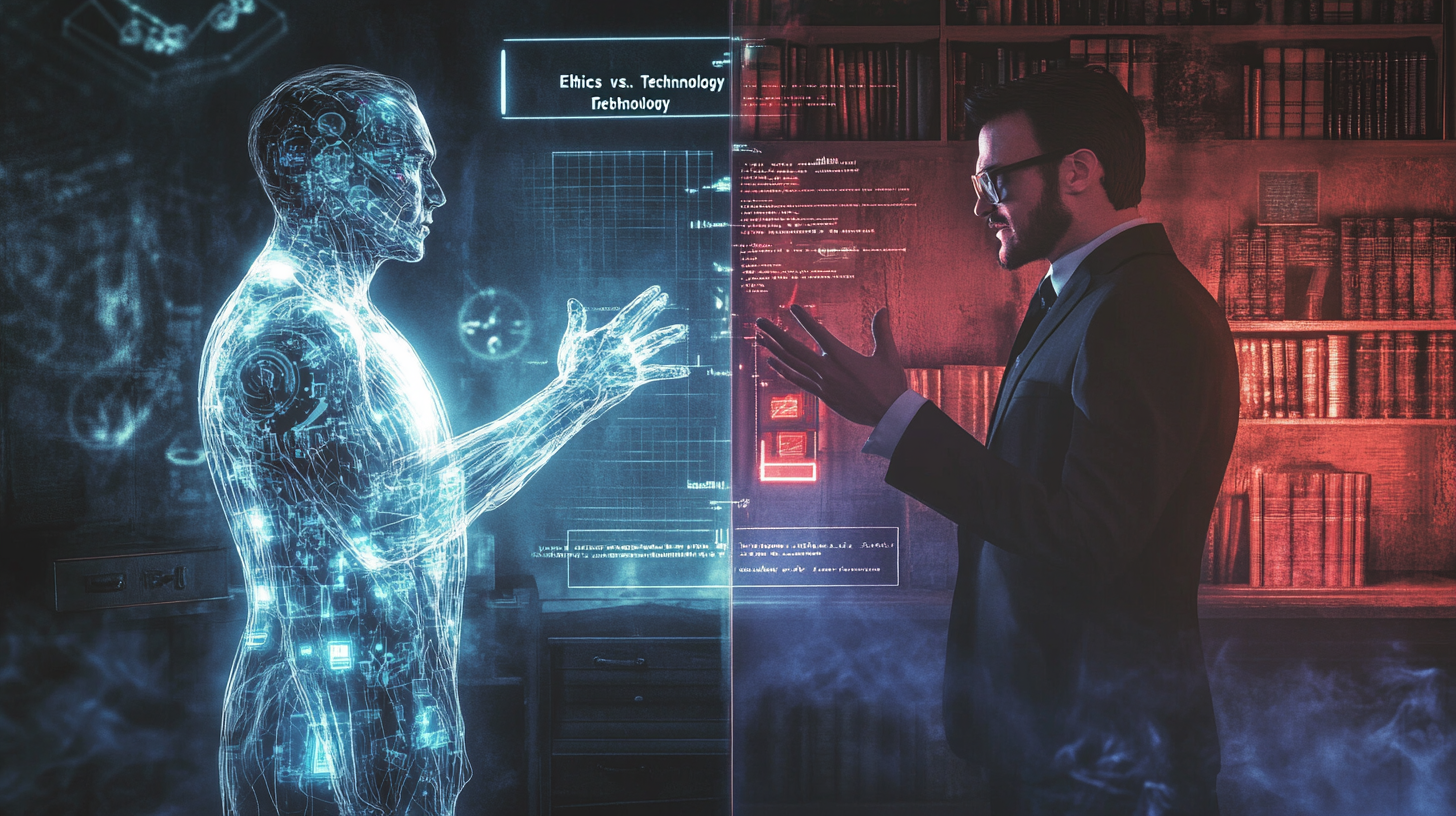Deepfake Scandals: The Consequence of Teaching Only Digital 'Technology,' Not 'Ethics5 September 2024 By Johnber  NewsTogether

The recent surge in deepfake-related sexual crimes in South Korea’s schools has sparked alarm among media scholars. They assert that the current digital education system, which focuses solely on technology without integrating ethical considerations, is largely to blame. This issue has been brewing for years, with incidents of online harassment and the sharing of violent content among children and teenagers. Yet, education on the ethical use of digital technologies has been largely neglected, allowing for the creation and circulation of deepfake sexual content involving peers, teachers, and family members. Scholars warn that failure to address these issues will lead to even greater problems.
Technology Training Without Ethical Foundations
South Korea's digital education primarily focuses on teaching students how to use digital tools and software, rather than on media literacy, which involves critical and ethical usage of media. Elementary students learn about media in Korean language classes, while middle and high school students cover digital topics in information technology courses. However, these lessons focus mainly on technical skills. Although there are initiatives by the Korea Communications Commission (KCC) and the Korea Information Society Agency (KISA) offering digital ethics training in some schools, these are often limited to one-off activities. Sookmyung Women’s University media studies professor Shim Jae-woong criticizes this approach, saying, “Media literacy is developed over time through extensive education, but current school programs are merely symbolic.”
In contrast, leading educational countries like Finland, the United States, Australia, and Germany systematically teach media literacy from an early age. These programs include discussions on the ethical implications of digital technologies and practical exercises. For instance, Finnish students engage in activities that illustrate how easily fake news can be created, helping them develop critical digital literacy. The U.S. Harvard University’s Digital Literacy Resource Platform (DRCP) trains adolescents on healthy digital communication by examining historical events, such as the online movement against racial discrimination following the 2012 shooting of Trayvon Martin.
A Call for Comprehensive Digital Literacy Education
The South Korean government's response to the deepfake crisis has largely been reactive, focusing on increasing penalties and expediting the removal of offending content. There has been little emphasis on preventive measures such as digital literacy education. Despite the growing problem of deepfake sexual crimes, which has affected both perpetrators and victims among teenagers, the root issues have not been adequately addressed. The 2019 public revelations about deepfake pornography involving celebrities highlighted the vulnerability of South Korea to such crimes. According to the 2023 Deepfake Report by U.S. security firm Security Hero, South Korea is the most susceptible country to deepfake pornography, with eight out of ten victims being Korean celebrities.
Without fundamental changes in education, the digital crime situation among teenagers is expected to worsen. The rapid advancement of technology is creating a growing knowledge gap between young people and older generations, leaving the latter increasingly powerless. Professor Shim warns, “If media literacy education is not made mandatory now, even more severe problems than deepfakes will arise.” Central University’s Professor Kang Jin-sook advocates for legal reforms to mandate media literacy education, noting that many advanced countries make such education compulsory from a young age and include it in youth-related legislation.
The Role of Schools, Families, and Media
Schools and families also play a crucial role. Kyongin National University of Education’s Media Literacy Research Institute Director Jeong Hyun-sun suggests that schools should integrate media literacy into their curricula and facilitate discussions about deepfake issues. Furthermore, the media needs to accurately define deepfakes, avoiding euphemistic terms like “play culture” and clearly labeling them as crimes. Professor Shim further advises that families should directly address the potential dangers of digital platforms like Telegram and provide detailed guidance on how to avoid becoming either perpetrators or victims.
Recent protests, such as the one held by the Peace Butterfly Network in front of Seoul’s Sejong Cultural Center, have called for strict punishment for deepfake sexual crime perpetrators and for the government to take serious measures to address recurring sexual exploitation issues.
In summary, the current focus on teaching digital technology without incorporating ethical considerations has led to a serious crisis in South Korea. There is an urgent need for comprehensive media literacy education to prevent future incidents and protect young people in the digital age.
Keywords
deepfake: a type of digital manipulation that uses artificial intelligence to create realistic but fake images or videos, often used to deceive or commit fraud.
scandal: an action or event that causes public outrage or shock, typically involving wrongdoing or misconduct.
harassment: aggressive pressure or intimidation, often involving repeated unwanted behavior or actions.
ethics: moral principles that govern a person's behavior or the conducting of an activity.
media literacy: the ability to access, analyze, evaluate, and create media in various forms.
reactive: responding to events after they have occurred rather than anticipating or preventing them.
penalties: punishments imposed for breaking laws or rules.
vulnerable: susceptible to being harmed or affected by something.
euphemistic: using mild or indirect terms to describe something unpleasant or harsh.
curricula: the subjects comprising a course of study in a school or college.
legislation: laws or legal rules enacted by a governing body.
perpetrator: a person who commits a crime or other wrongful act.
discussions: conversations or debates about specific topics or issues.
guidance: advice or information aimed at resolving a problem or making a decision.
All rights reserved by 비투게더
*printable 자료와 문제를 원하시면 아래 링크로!
|